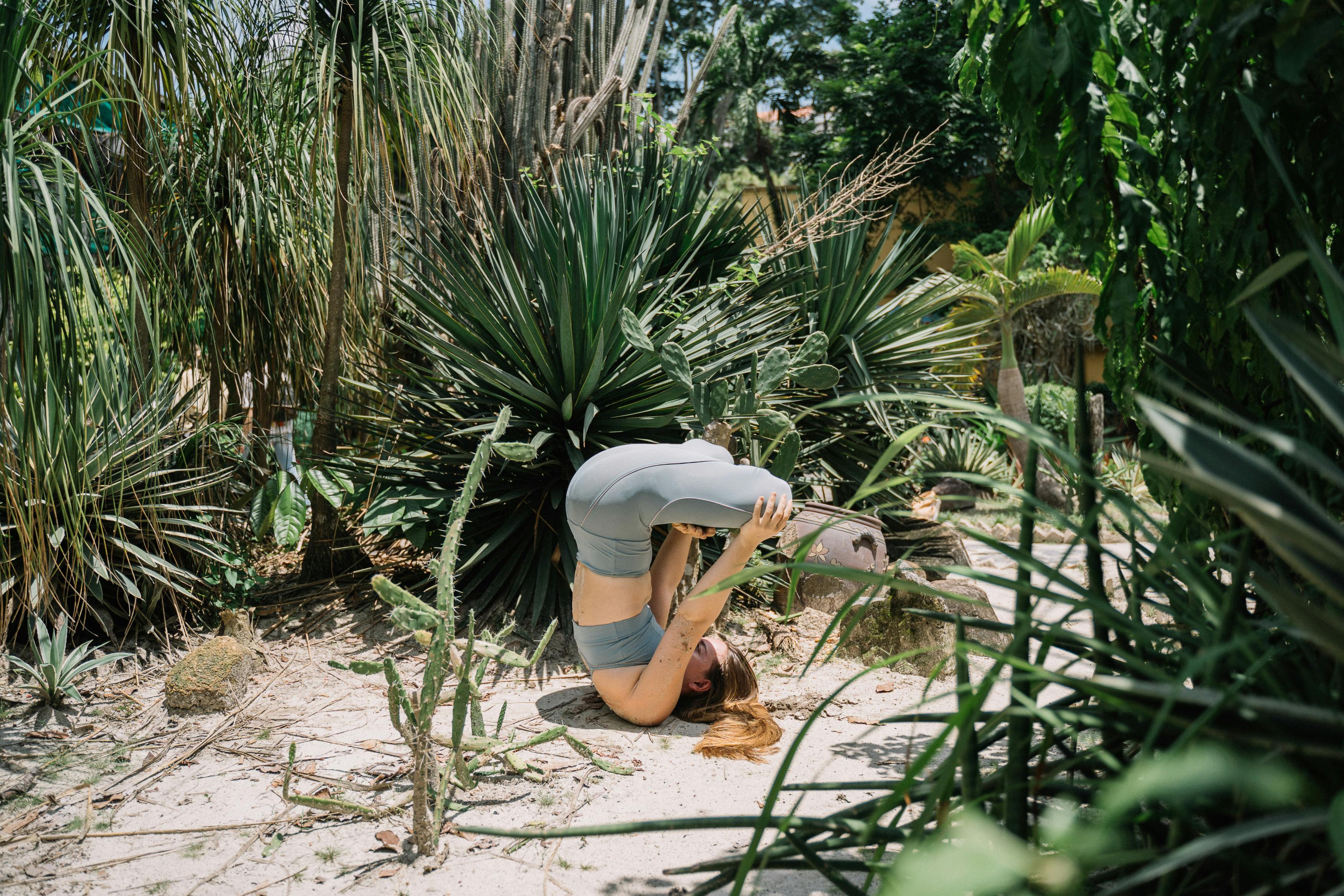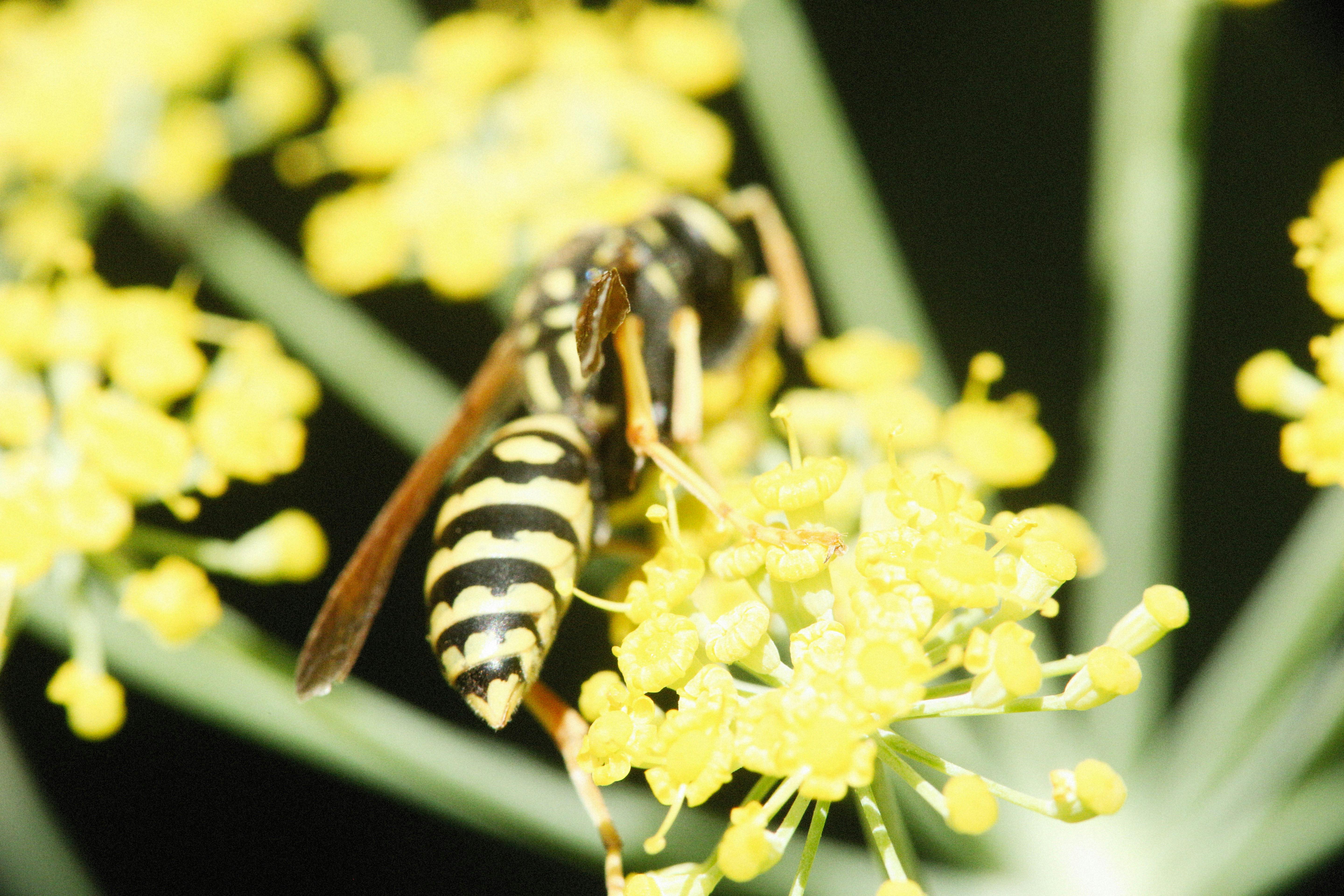Plants have long been known to be susceptible to certain pests, including wasps. While not all wasps are harmful to plants, some species can cause significant damage if left unchecked. Fortunately, there are certain plants that wasps hate, which can be used as a deterrent against them. In this article, we’ll examine what plants do wasps hate and how these plants can be used to protect your garden or landscape from them.Wasps generally do not like aromatic plants such as mint, citronella, eucalyptus, and wormwood. These plants are known to repel wasps and other insects due to their strong odor. Additionally, wasps may also be deterred by plants that have a sticky or hairy texture such as lavender, marigolds, or feverfew.
Common Plant Species that Repel Wasps
Wasps are one of the most common pests encountered in gardens and other outdoor spaces. While they are beneficial in controlling other pest insects, they can also become a nuisance if their populations become too large. Fortunately, there are several plant species that can be used to help repel wasps from your yard or garden.
Some of the most effective plants for repelling wasps include mint, eucalyptus, citronella grass, lavender, marigolds, and wormwood. Mint is a very popular choice as it is easy to grow and has a strong odor that is unpleasant to wasps. Eucalyptus has a similar effect and is widely available in many nurseries. Citronella grass is another option as its smell will ward off many different types of pests including wasps.
Lavender is another effective repellent for wasps as its strong aroma will drive them away from the area. Marigolds have also been known to deter wasps with their bright colors and pungent smell. Finally, wormwood can be planted around the perimeter of a garden or patio area to act as a natural barrier against wasps.
These plants are all effective at repelling wasps but should be used in conjunction with other methods such as installing insect screens or traps to ensure complete protection from these pests. Additionally, it’s important to remember that these plants may not be enough on their own to completely rid an area of wasps – additional measures may need to be taken for maximum protection.
Types of Plant Scents that Deter Wasps
Wasps can be a nuisance to anyone, but there are some plants that can help to deter them from coming near. Fortunately, there are a variety of plant scents that have been known to deter wasps, including lavender, mint, and citronella. Here’s a closer look at each of these scents and how they can help keep wasps away:
Lavender
Lavender is one of the most popular plant scents for deterring wasps. The aroma of lavender is pleasing to humans but not so much for wasps. As a result, it makes an effective deterrent. Lavender can be planted around the perimeter of your garden or home to provide some natural protection against wasps.
Mint
Mint is another type of plant scent that has been known to deter wasps. Mint has a strong odor that many people find pleasant, but it is also disliked by wasps. Mint can be planted in the garden or around the perimeter of your home as an extra layer of protection.
Citronella
Citronella is another powerful natural deterrent for wasps. The strong smell of citronella is very unpleasant for most insects, including wasps. Citronella candles or oil can be used in and around the house to repel wasps and other insects. It’s also important to note that citronella oil should never be applied directly on skin as it may cause irritation or an allergic reaction in some people.
These are just a few types of plant scents that have been known to deter wasps and other flying insects. While they may not completely eliminate the problem, they can certainly help reduce the numbers of these pesky pests around your home or garden.
Can You Plant Flowers to Repel Wasps?
Yes, it is possible to plant flowers to repel wasps. While wasps can be beneficial in controlling pest populations, they can also become a nuisance when they build nests close to our homes or invade our outdoor spaces. Planting certain flowers can help deter wasps from nesting in your yard or invading your outdoor space.
The most effective type of flower for repelling wasps is one that has a strong scent. Lavender is a popular choice because it has a strong and sweet scent that makes it unappealing to wasps. Other flowers that have been known to repel wasps include marigolds, chrysanthemums, and petunias. These flowers are easy to grow in most climates and provide long-lasting bloom throughout the season.
In addition to planting flowers that repel wasps, there are other things you can do to discourage them from nesting in your yard or invading your outdoor space. Make sure you don’t leave any food sources outside as this will attract them. Keep any garbage receptacles covered and properly sealed so they don’t become an attractive spot for wasps. Also, make sure not to leave any standing water around as this can be a breeding ground for them.
If all else fails and the wasp population in your yard becomes too much of a nuisance, you may need to call on professionals who specialize in pest control services. They will be able to come out and assess the situation and recommend the best course of action for getting rid of the problem safely and effectively.
While planting certain flowers can help deter wasps from nesting or invading your outdoor space, it is important to remember that no one method is foolproof when it comes to dealing with pests like these. It is always best practice to take other steps such as keeping food sources covered and garbage receptacles sealed as well as calling on professionals if necessary in order to prevent any further issues with pests like wasps in your yard or outdoor space.

Write a medium long form content considering the above bullet point as headings.
Wasps are a nuisance in gardens and can make outdoor activities unpleasant. Fortunately, there are several steps gardeners can take to help keep wasps away from their gardens. The most effective way of keeping wasps away is to make sure their nests are not near the garden area. Wasps will create nests in sheltered areas such as eaves, crevices in walls, and even in trees or shrubs near the garden.
By eliminating potential nesting spots close to the garden, gardeners can limit wasps’ access to the area and reduce their presence. This can be done by trimming shrubs, trees, and other plants that could provide shelter for wasps. Gardeners should also consider caulking any potential entry points into homes or buildings that could provide shelter for wasps.
Gardeners should also avoid leaving food out in the open that could attract wasps. Wasps are attracted to sweet smells and will often go after sweet-smelling fruits or drinks left out on a table or countertop. To avoid attracting wasps, it is important to store food away securely when not in use and to cover food items when they have been left out for an extended period of time.
Finally, using natural deterrents can help keep wasps away from gardens without harming other beneficial insects or animals. Some natural deterrents include using essential oils such as lemon eucalyptus oil or peppermint oil mixed with water in a spray bottle and then spraying it around the perimeter of the garden area, or planting certain herbs known to repel wasps such as lavender or mint near the garden area.
By following these best practices for keeping wasps away from gardens, gardeners can enjoy their outdoor spaces without worrying about getting stung by these unwelcome guests!
Identify Plants That Deter Wasps
Wasps can be a nuisance, especially in summer when they are most active. Fortunately, there are certain plants that can help keep wasps away from your home and outdoor areas. To effectively deter wasps, it is important to first identify the plants that are known to repel them.
One of the best ways to identify plants that deter wasps is to research plants with strong scents. Wasps have a highly developed sense of smell and certain smells they find unpleasant. Plants such as lavender, mint, and rosemary emit strong fragrances which make them effective at deterring wasps. Additionally, some species of daisy also repel wasps due to their strong scent.
Another option for identifying plants that deter wasps is to look for plants with thick foliage or prickly surfaces. Wasps tend to avoid areas with dense foliage or spiky surfaces as they can be difficult for them to navigate through. Plants such as holly, yarrow, and goldenrod have thick foliage and prickly surfaces which make them ideal for keeping wasps away from your outdoor spaces.
Finally, you can also look for flowering plants that attract predatory insects which will then feed on the wasp population in your area. Plants such as cosmos, sunflowers, and marigolds attract predatory insects like ladybugs which help to reduce the number of wasp nests near your home or garden area.
By taking the time to identify the right plants for deterring wasps, you can create an effective barrier around your home or outdoor space and enjoy a summer free from pesky pests!

Conclusion
It is clear that there are several plants that wasps do not like or find repellent. These plants can be used as a natural deterrent to wasps in outdoor areas. However, it is important to remember to keep these plants away from areas where they can pose a threat to people or animals. In addition, it is also important to keep wasp nests away from these plants, as they may still be attracted to the area.
Although there are several plants wasps do not like, it is important to remember that the best way to deter them is by removing any potential nesting sites and food sources. This will ensure that the wasps stay away from your outdoor area and you can enjoy the space without having to worry about stings or an invasion of these pests.

